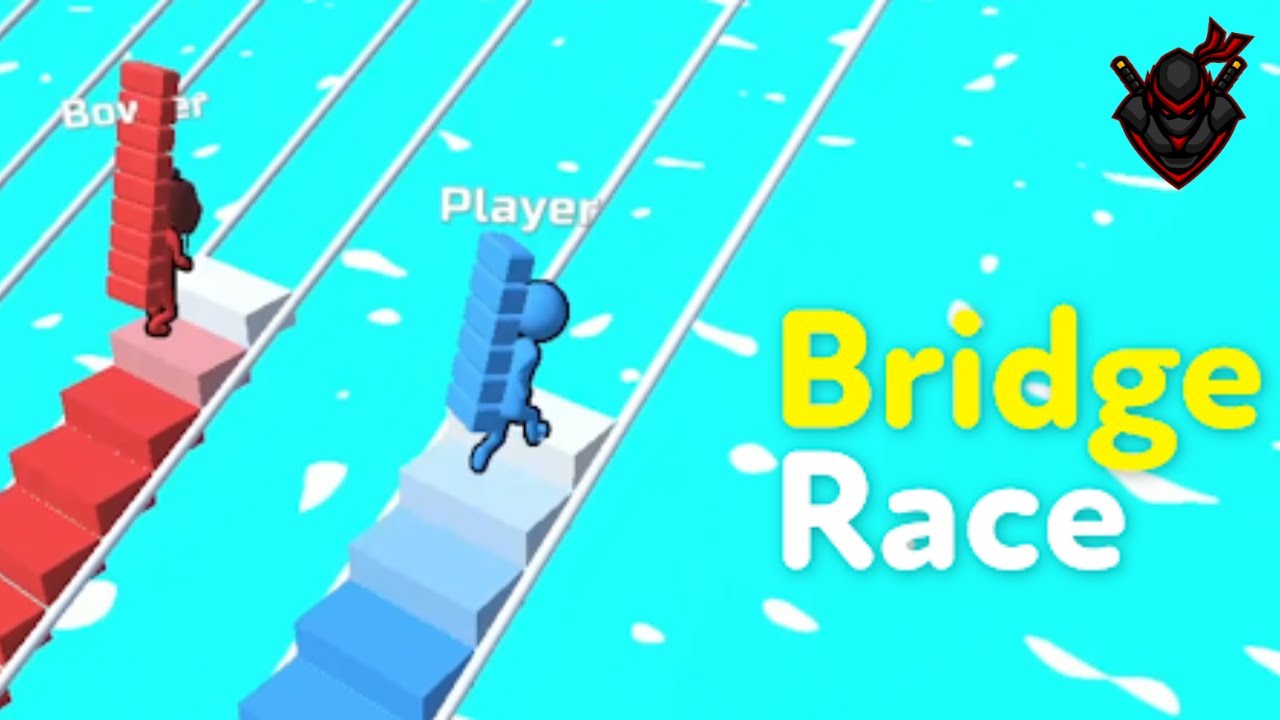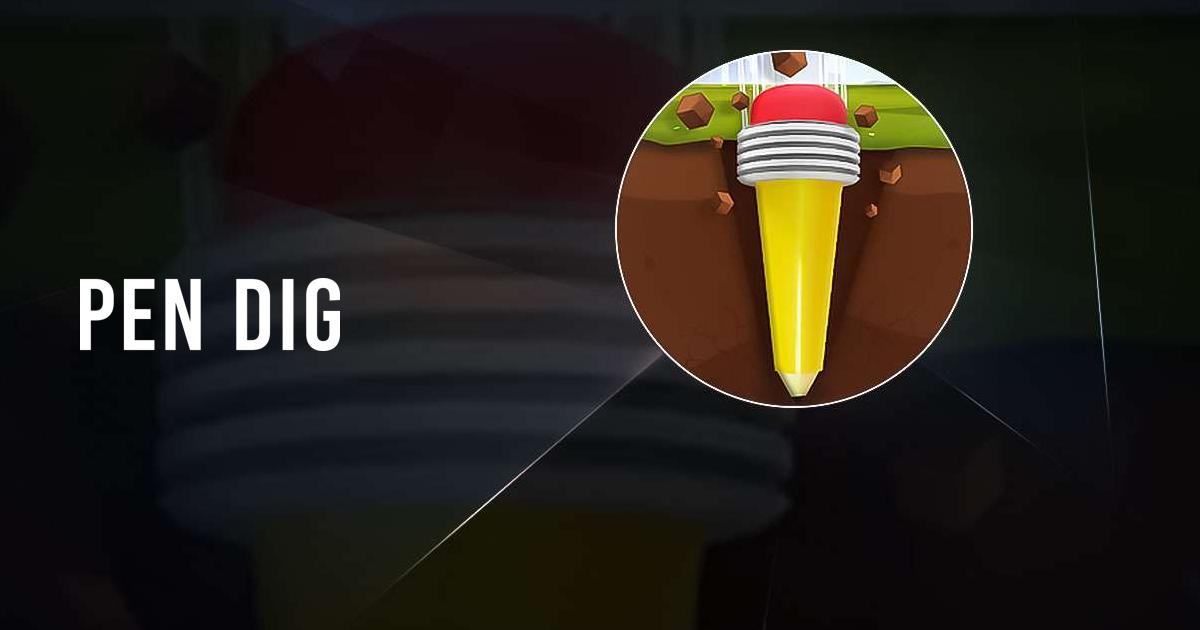The Outer Worlds, developed by Obsidian Entertainment and published by Private Division, is a first-person role-playing game (RPG) that captivates players with its unique blend of humor, rich storytelling, and engaging gameplay mechanics. Set in a retro-futuristic universe, the game invites players to explore the far reaches of space while grappling with corporate greed, moral choices, and the quest for identity. In this article, we will delve into the various aspects of The Outer Worlds, including its narrative depth, gameplay mechanics, character development, and the overall experience it offers to players.
Overview of The Outer Worlds
The Setting: A Corporate Utopia Gone Wrong
The Outer Worlds is set in a distant future where megacorporations have colonized planets in the Halcyon system. However, this so-called utopia is marred by the exploitation of its inhabitants, who live under the oppressive thumb of corporate interests. Players assume the role of a character who wakes from cryosleep to find themselves embroiled in a conspiracy that threatens the fate of the colony.
The Premise: A Quest for Freedom and Identity
As the main character, players must navigate the political intrigue of the Halcyon system while forming alliances, making enemies, and ultimately deciding the fate of the colony. The choices made throughout the game influence the story and its outcome, leading to multiple possible endings. This emphasis on player choice is a hallmark of Obsidian’s storytelling approach.
Gameplay Mechanics: A Blend of Classic and Modern
Exploration and World-Building
The Outer Worlds features a vibrant and detailed world that encourages exploration. Players can traverse various planets, each with its own unique environments, inhabitants, and quests.
Planetary Exploration
- Diverse Locations: The game offers several explorable planets, including the lush landscapes of Monarch and the industrial settings of Edgewater. Each planet presents different challenges and storylines for players to engage with.
- Open-Ended Quests: Players are encouraged to approach quests in multiple ways. Whether through combat, stealth, or dialogue, the choices made impact the outcome of quests and the player’s reputation in the world.
Combat System
The combat in The Outer Worlds combines real-time action with strategic elements, allowing players to approach battles with creativity.
Real-Time Combat
- Weapons and Skills: Players can customize their character’s combat style through various weapons and skills. From firearms to melee weapons, the game offers a diverse arsenal that caters to different playstyles.
- Tactical Time Dilation: This unique mechanic allows players to slow down time during combat, giving them the opportunity to strategize and make precise shots. It adds a layer of strategy to encounters, encouraging players to think critically about their actions.
Character Development
Character progression is a key aspect of The Outer Worlds, allowing players to shape their character’s abilities and traits.
Customization Options
- Skill Trees: Players can invest points into various skills, such as dialogue, engineering, and combat. This customization allows for diverse builds, enabling players to tailor their experience to their preferred playstyle.
- Personality Traits: In addition to skills, players can choose traits that provide unique bonuses or drawbacks. This adds depth to character creation and can influence interactions with NPCs.
Narrative Depth: Choices and Consequences
Engaging Storytelling
At the heart of The Outer Worlds lies a rich narrative that combines humor with thought-provoking themes.
A Satirical Take on Capitalism
The game’s narrative serves as a satire of corporate culture and capitalism, highlighting the absurdities of a society driven by profit and exploitation. Through its dialogue and interactions, The Outer Worlds encourages players to reflect on contemporary social issues.
Moral Dilemmas and Player Choices
One of the most compelling aspects of The Outer Worlds is its emphasis on player choices and moral dilemmas.
Multiple Endings
- Branching Storylines: The choices players make can lead to vastly different outcomes, including multiple endings. This encourages replayability as players explore alternative decisions and their consequences.
- Character Relationships: Players’ choices affect their relationships with companions and factions. Building trust or animosity can significantly alter the course of the story, adding depth to the character interactions.
Companions: Unique Personalities and Stories
The game features a diverse cast of companions, each with their own unique backgrounds and motivations.
Building Relationships
- Companion Quests: Each companion has personal quests that delve into their backstories, allowing players to learn more about their motivations. Engaging with these quests can strengthen relationships and unlock additional dialogue options.
- Team Dynamics: Companions can influence gameplay through their skills and abilities. Players can choose which companions to bring along based on their playstyle and the challenges they face.
The Art and Sound: Creating an Immersive Experience
Visual Style
The Outer Worlds features a distinctive art style that combines vibrant colors with a retro-futuristic aesthetic. The design of the environments, characters, and technology enhances the immersive experience.
Sound Design
The sound design plays a crucial role in establishing the game’s atmosphere. From the ambient sounds of different planets to the catchy musical score, the audio elements work together to create a captivating experience.
Tips and Strategies for Success
Exploring the World
- Thorough Exploration: Players should take the time to explore every nook and cranny of the environments. Hidden treasures, lore, and side quests await those willing to delve deeper.
- Engaging with NPCs: Interacting with the game’s inhabitants can reveal valuable information, quests, and resources. Building relationships with NPCs can provide insight into the story and enhance the gameplay experience.
Combat Strategies
- Utilizing Tactical Time Dilation: Take advantage of the Tactical Time Dilation mechanic to assess the battlefield, target enemies strategically, and minimize damage taken during combat.
- Mixing Up Weapons: Experiment with different weapons and skills to find the right combination for your playstyle. Understanding enemy weaknesses can turn the tide in challenging battles.
Character Development
- Investing in Skills: Focus on skills that align with your preferred playstyle, whether it be combat, stealth, or persuasion. Balancing skills can provide versatility in various situations.
- Choosing Traits Wisely: Select traits that complement your character build and enhance your gameplay experience. Weighing the benefits and drawbacks of each trait can significantly impact your playthrough.
Conclusion: The Lasting Impact of The Outer Worlds
The Outer Worlds stands out as a remarkable addition to the RPG genre, offering a unique blend of humor, engaging storytelling, and player choice. With its richly detailed world, dynamic characters, and thought-provoking themes, the game captures the imagination of players and invites them to explore the consequences of their actions.
As players traverse the Halcyon system, they are challenged to confront moral dilemmas, build relationships, and ultimately shape the fate of the colony. The freedom to make meaningful choices sets The Outer Worlds apart, encouraging players to immerse themselves in its captivating narrative and explore the depths of its universe.
Whether you are a seasoned RPG veteran or new to the genre, The Outer Worlds promises an unforgettable journey filled with exploration, humor, and moral complexity. Dive into this dystopian future, make your choices, and uncover the truth that lies within the stars.


